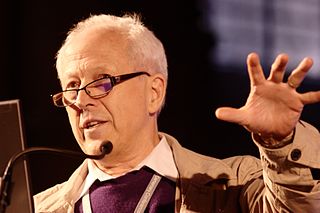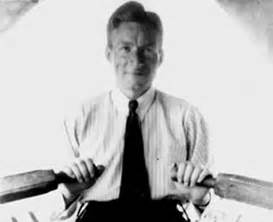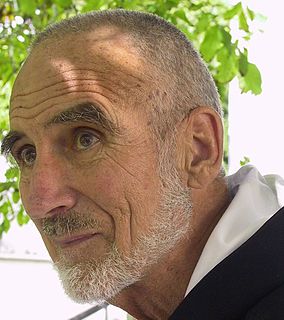A Quote by E. O. Wilson
The love of complexity without reductionism makes art; the love of complexity with reductionism makes science.
Quote Topics
Related Quotes
One good reason for the popularity of "reductionism" among the philosophical outposts of the Western Establishment is that it can be, and is, used as a device for trying to take the wind, so to speak, out of the sails of Marxism. . . . In essence reductionism is a kind of anti-Marxist caricature of Marxist determinism. It is what anti-Marxists pretend that Marxist determinism is.
The complexity of C++ (even more complexity has been added in the new C++), and the resulting impact on productivity, is no longer justified. All the hoops that the C++ programmer had to jump through in order to use a C-compatible language make no sense anymore - they're just a waste of time and effort. Now, Go makes much more sense for the class of problems that C++ was originally intended to solve.
If there is anything the artist or a true work of art teaches us, it is that variety and complexity really increase the unity, and that to achieve unity within a great variety of complexity is a greater achievement and more satisfying piece of art than to achieve unity with just a few elements, which is relatively easily achieved.





































